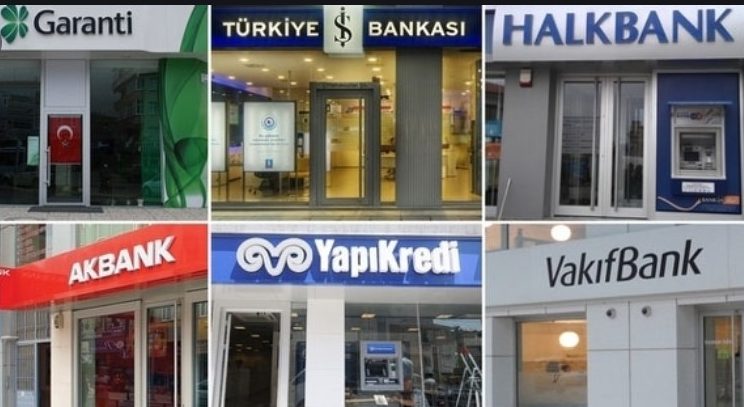Macro volatility to take a toll on earnings
We expect ROE’s to range between 0-12% with sharp drops in NIIs to be the main cause of depressed profitability. In the absence of ‘normalisation’, quarterly and year-on-year net earnings comparisons are not meaningful, given a wide range of base effects that differ from bank-to-bank, state-to-private. Pressure from lower TL spreads in private banks and negative spreads for state banks, plus lower CPI linker income would cause 22% average quarterly drop in NII, excluding HALKB’s estimated losses at the net interest income level. This impact would be exacerbated by higher CBRT swap funding utilisation at higher rates.
On the provisioning side, private banks are well prepared for a degree of macro volatility with high coverage ratios and currency hedges around FX loan book; and given the strong growth indicators caused by fiscal and monetary stimuli, we think the cost of risk performance this year may be within guidance. State banks differ due to their higher loan growth last year and some expected reversals on retail loan book in 1Q due to ‘reduced risk’ revisions. Despite the fact that rate volatility would be dominating 1H earnings, we maintain that cost of risk would remain as the key swing factor for sector’s expected upgrade in profitability in 2H and 2022. On this front, lending activity and asset quality trends post temporary BRSA provisioning regulation in June would increase visibility.
Path to recovery and re-rating
On 2021E estimates, banks under our coverage trade at 2.8x P/E and 0.33x P/B. These multiples suggest an economy on the verge of a breakdown and a banking sector operating under severe systematic risk. Since 2018, Turkish banking sector has been struggling to deal with the aftermath of lending boom & bust cycles, as well as FX and interest rate related volatility, and last but not the least, regulatory pressures. In 2020, state banks ‘growth at the cost of profitability’ and related loan & deposit funding strategies have further complicated competitive dynamics. These factors led to ROEs falling behind the risk free rate, let alone covering cost of equity. Given this background, we think the key catalysts for re-rating are:
i) implementation of macro prudential measures to lower inflation and rates on a sustainable basis,
ii) TL stability and stronger appetite for TL deposits,
iii) higher visibility over asset quality,
iv) rational competitive environment, and
v) constructive regulation.
As stated above, given robust growth, we are optimistic on improvement in asset quality trends and expect higher visibility on this front in 2H. TL has already lost significant value against the hard currencies since 2018 and latest bout of volatility has shown signs that de-dollarization may alleviate pressure on the currency with locals selling into USD strength.
We think the pressure on earnings and recovery in economic activity after the peak of pandemic in 2020 would lead to more rational state bank policies this year. These leave the fiscal and monetary policy decisions as key catalysts. For the short-term, decisive factor would be CBRT reaction to the inflation trajectory starting from June, when headline CPI could start falling due to base effects.
We hope the Bank opts for a rate cut in 4Q rather than in 3Q to account not only for the domestic inflationary pressures, but also for potential pressure on EM currencies as US inflation and rates are likely to pick-up. All in all, 3Q is likely to be turning point for the banking sector.
We remain Neutral on the sector; GARAN remains Top Pick
Our Target Prices suggest high potential upsides that justify higher ratings. However, they are prone to revisions due to lower earnings and higher cost of equity: benchmark 10-year TL bond rate now trends 400bps above the 14.0% risk free rate used in our current Target P/B calculations. We reiterate GARAN as the Top Pick in the sector due to its higher profitability, strong capital position, free provision reserves and track record managing volatility, as underpinned once again by our 1Q21 estimates. Given the depressed valuations, we think 1Q weak earnings performance are largely priced in and expect a Neutral market reaction, except HALKB.
Source: Y.F. Securities Research
